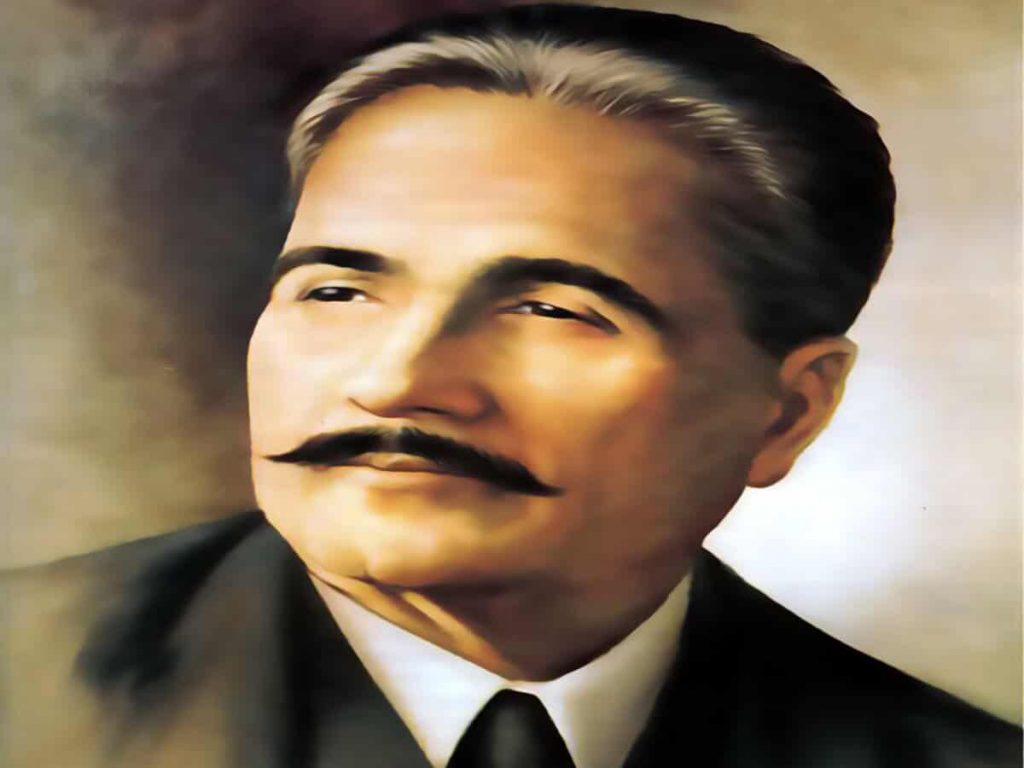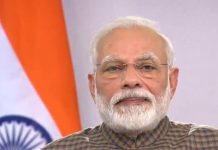Aligarh Muslim University V-C Prof Tariq Mansoor’s blatant pro-Right stand has brought bad name to the university township, which was once upon a time known for its earnest educationists
Aligarh was once upon a time known for its earnest educationists, the crusaders for education, but in recent times, the vice chancellor of the Aligarh Muslim University has been viewed by the students more of a sycophant than an educationist. They have been severely critical for his pro-Right stand. Sarkari man, he’s been labelled!
Earlier it was also widely alleged that the vice-chancellor, Professor Tariq Mansoor, was not there for his students when the anti-CAA protests had peaked and the students were mercilessly attacked and blatantly targeted not just by goon brigades but also by the cops. It is also alleged that he had given the go-ahead for the police and paramilitary to enter the university campus.
And more recently, the Aligarh Muslim University decided to drop books by two Islamic scholars from its syllabus – syllabus of the Department of Islamic Studies – after learning that certain “Right-wing ideologues” had written to Prime Minister Narendra Modi seeking a ban on the books by Abul A’la al-Maududi of Pakistan and Sayyid Qutb of Egypt …Muhammad Ismail, chair of the department of Islamic Studies at AMU, had told national dailies that the university had on its own decided to drop the books by Abul A’la al-Maududi of Pakistan and Sayyid Qutb of Egypt. Why? “Because we don’t want any controversy…” Ismail did not reveal who were the “Right-wing ideologues” and how he had come to know about their letter, but he’d said their allegation that these two scholars’ writings promoted “terrorism and fanaticism” was incorrect and that these books contained “Nothing objectionable…Both authors have described Islam in the light of democracy and advocated it in its purest form, but some countries under monarchies had banned them in the past.”
And now, last week, the AMU vice-chancellor, Professor Tariq Mansoor, is once again facing criticism not just by the university students but also by the secular groups, after he seemed to give his opinion on the BBC series — The Modi Question — along the strain that all’s okay with the Muslim minority community in India under the Right-Wing rule.
Is this genuinely and factually correct? Or is it a sarkari Musalmaan’s point of view along a rather obviously tilted strain? Did Professor Mansoor Tariq bother to talk and quote Muslims from Gujarat’s pogrom affected areas or for that matter from any other state of the country? Did he talk to the survivors of the 2002 Gujarat pogrom; under what severe apprehensions and fears they are managing to survive in? Did he bother to meet Bilkis Bano and hear details of her plight? Did he talk to the hundreds of young facing discrimination? Did he list the poisonous propaganda unleashed against the community?
A pity that the vice chancellor of AMU seems to have taken up the task of white washing! Facts, if nothing else!
But the fact is that facts can never ever be white washed. They carry the tendency to be there! To stand out and shriek on your face. Truth does emerge, today or tomorrow or the day after!
All that one has to do is to move to the ground situation, talk to the survivors, meet the relatives of the killed and raped and targeted and assaulted, see the signs of the aftermath and then come out with the stark truth. To settle not just the bruised forms but also to settle souls, yours and mine and that of the dead. Remember, souls never ever die; linger and hover around.
Today it is indeed a sad day for the university township. Though the very word ‘Aligarh’ brings up images of the University but there is more to that town. It has a vibrant illustrious history, dotted with the who’s who in the literary world, who lived and died unsung. Today the alive are well aware of the present times, where truth is made to be somehow killed and buried by the unknown killers of the day!
*****.
Last month, I had decided to delve into the life and verse and works of one of the best read poets of this subcontinent –Mohammad Iqbal.

Yes, I decide to do so, in the backdrop of the Uttar Pradesh police deciding to slap charges on a particular government school principal and a teacher in Uttar Pradesh, after a video of students reciting Mohammad Iqbal’s famous Urdu poem (probably written around 1902) “lab pe aati hai dua banke…” went viral on social media.
Why all the uncalled for hungama? It is reported that a particular Right-Wing group objected to the poem, to a particular line of the prayer, “Mere Allah burai se bachana mujhko.”
I recall as school children we used to recite this poem along with many more songs and poems…Needless to say recite without fear or fright because then fascism and fascists hadn’t hit us, our very identity and survival. We were then free citizens, not to be threatened and hounded and bullied and hounded by the Right-Wing.
Leaving you with Mohammad Iqbal’s verse from Khushwant Singh’s book – Celebrating the Best of Urdu Poetry- Selected by Khushwant Singh & Kamna Prasad. Translated with An Introduction by Khushwant Singh (Penguin Viking).
Before the verse, it is significant to mention that Mohammad Iqbal lived from 1873 to 1938. He received his PhD (Heidelberg) and Barrister at law (London) and also received doctorates in literature and philosophy from many other universities. And Khushwant describes him in this book, in these words: “ He is recognised as the inheritor of Ghalib, and the second-most renowned poet of Urdu. Like many of his predecessors, he wrote in both Urdu and Persian. The message he sought to convey is usually described as khudi, selfhood or self assertion to achieve one’s aim.”
Mohammad Iqbal’s verse titled, ‘Man of Faith:
You ask me for the signs of a man of faith- /
When death comes to him he has a smile on his face.’
His this verse too, ‘Stormy Life:
May God grant you the experience of a storm/
The waves of your life’s ocean are too calm.’
Also, his this verse, titled, ‘Faith, Conduct, Compassion:
Man’s weapons in life’s battles are three:/
Conviction that his cause is just/
Courage to fight for it till eternity/
Compassion that embraces all humanity.’













